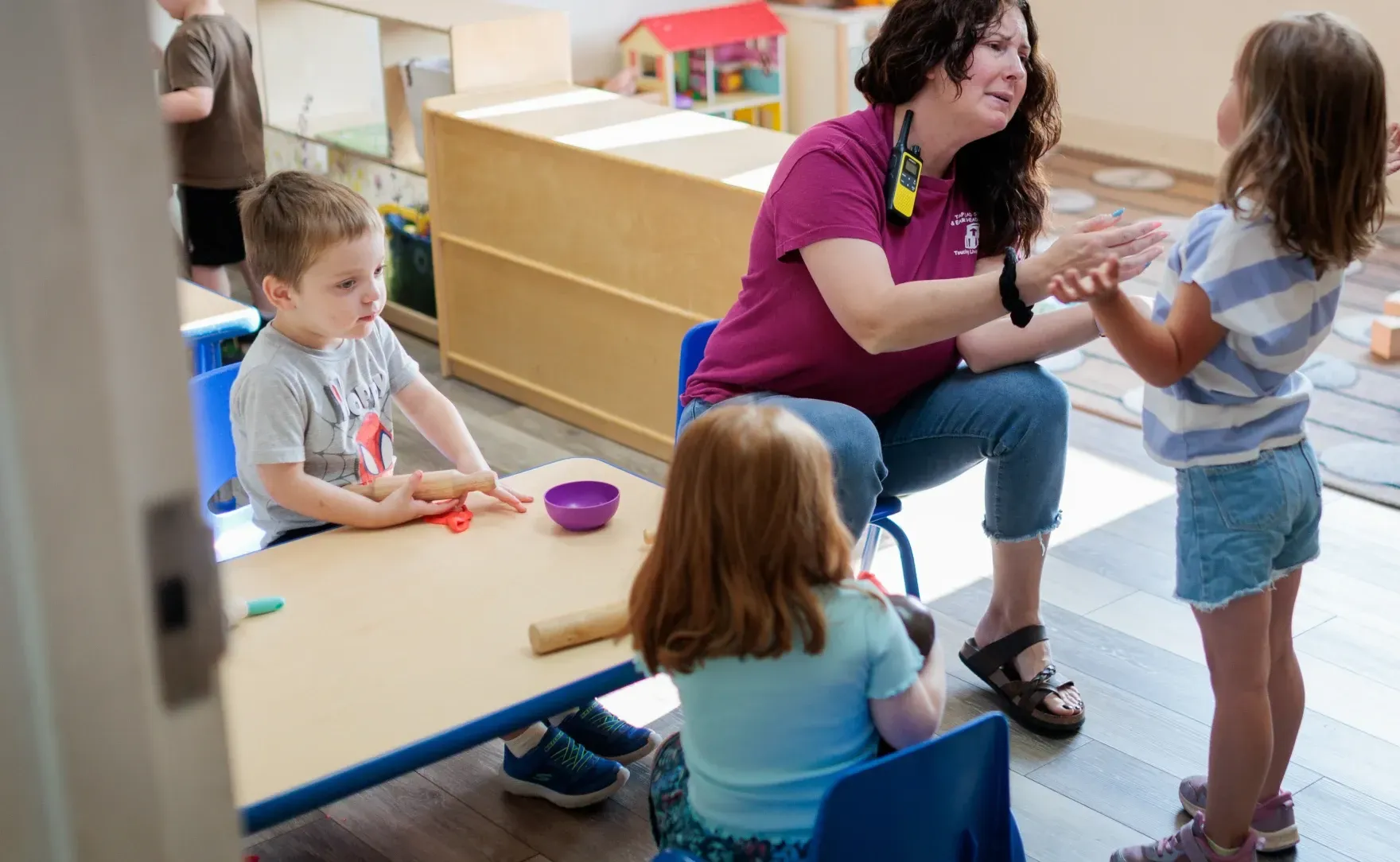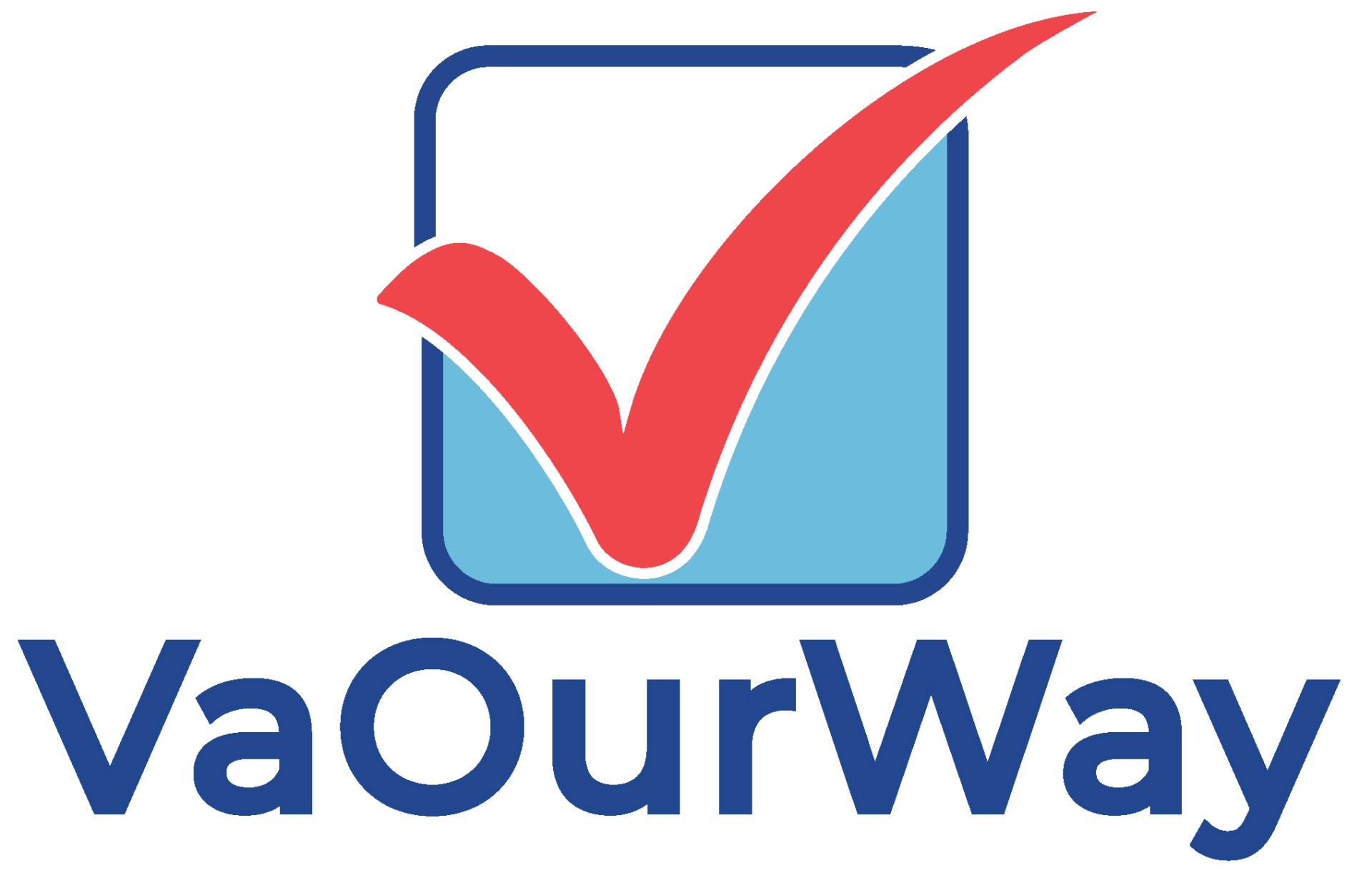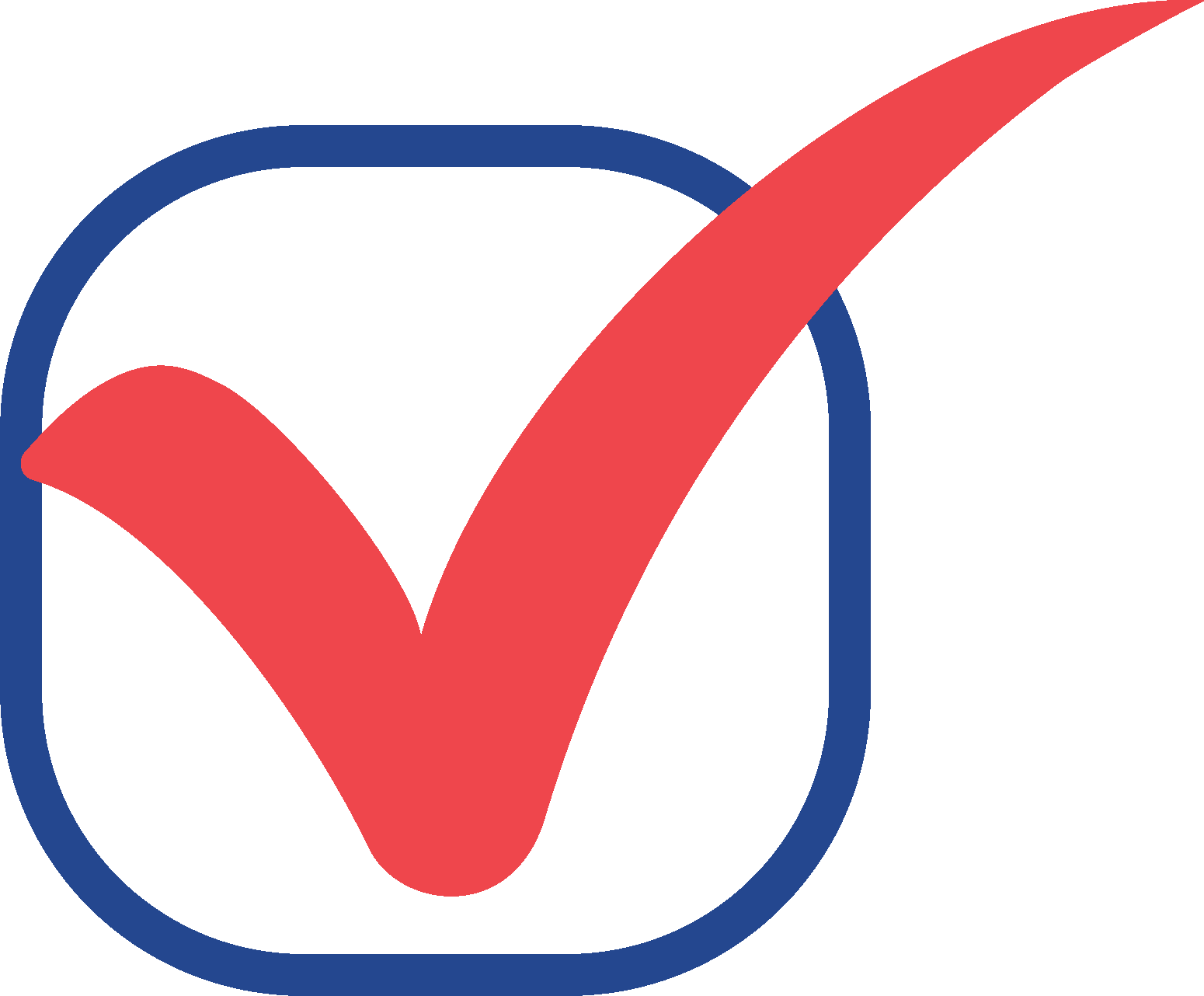Session Checkup: Education
At VaOurWay, we believe every student, regardless of zip code, should have access to quality education and a safe learning environment. In the midst of a devastating pandemic, lawmakers have had little time (30 days) to deliberate a lot of bills (1500) - many related to education - during the Regular Session. With a special session currently underway providing a much-needed extension to the Regular Session, more work on critical education bills is expected.
Here are some of the major education bills we’ve been following this legislative cycle, and what you need to know about them:
Returning to In-Person Schooling - The prevailing priority of both chambers - and parties - is returning to in-person schooling as soon as possible, and Governor Ralph Northam (D) agrees. Nuance in achieving that goal, however, exists between the two chambers.
- PASSED IN SENATE
Republican Senator Siobhan Dunnavant’s single-sentence bill requiring each local school division make in-person and virtual learning available to all students by choice of the student's parent or guardian by at least July 1st. Its bipartisan passage was largely viewed as a symbolic gesture.
- PASSED IN HOUSE SUBCOMMITTEE
House Democrats’ unanimously-passed substitute of Senator Dunnavant’s bill, that would not only require public school districts to offer at least some access to in-person learning by the 2021-2022 school year but would also require all teachers and school staff have the chance to get a vaccine before the start of the next school year. The bill would also offer a fully virtual option for families who want one. If the substitute passes out of the full House, it will need to clear the Senate before arriving on the Governor’s desk.
Why it matters:
- The CDC has recently indicated that in-person schooling can resume safely with masks, social distancing, and other strategies, and stressed the importance of doing so as soon as possible. The CDC also noted that the vaccination of teachers, while important, is not a prerequisite for reopening. The CDC also emphasized in-person learning has not been linked to substantial coronavirus spread in U.S. communities.
- Experts widely agree that classroom learning is more effective, and concerns have been mounting nationwide about students facing isolation, learning loss, food insecurity, and other problems due to virtual instruction.
- Individual school districts currently still have the final say in how they operate, with some public and private schools offering in-person learning while others offer only virtual school. Governor Northam issued a directive earlier this month that all schools in the state should make in-person instruction available at least as an option by March 15.
School Modernization and Repair - Both sides of the aisle acknowledge the exigency of upgrading and maintaining safe learning environments, but House Democrats differ on the funding question, endangering any serious legislative efforts and drawing the sharp ire of Southwest Virginia.
- LEFT IN HOUSE COMMITTEE
Delegate Israel O’Quinn’s bill to establish a School Construction Fund whose sole purpose would be to provide grants to cover school construction costs to eligible school boards. It passed out of the House Education Committee with broad bipartisan support but failed to receive a hearing in the House Appropriations Committee.
- PASSED IN SENATE
Senator Bill Stanley’s bill to provide a statewide referendum on the question of whether the legislature shall issue bonds worth $3 billion for the purpose of funding K-12 school building construction, repair, and other capital projects related to the modernization of school facilities. Senator Stanley’s bill passed out of the Senate on near-unanimous lines, and awaits a hearing in House Appropriations, the same committee that failed to hear Delegate O’Quinn’s aforementioned bill.
Why it matters:
- 60% of Virginia public school buildings are 40 years or older, and 36% are 50 years or older. Studies have shown that teachers and students are happier, calmer, healthier, and readier to learn in modernized school classrooms, while aging infrastructure disproportionately burdens poorer, rural counties.
- Toiling with the funding question is not new. Prior to 2009, a few sources of state funding were available to help with capital costs for repair but suffered large cuts in response to the Great Recession. Some localities have sought to increase their own construction coffers by rallying the GA to allow them to raise their own taxes, using new revenues to fund repairs, but many lawmakers have discounted this approach as palliative. Issuing state bonds to finance construction projects, some lawmakers counter could threaten the state’s AAA bond rating.
Standards of Learning (SOLs) - Best practices for the administration of statewide SOL tests, a barometer for student achievement and school performance, has drawn deep division. Lessening the emphasis on SOL testing in the Commonwealth is generally a bipartisan issue, but still draws a fault line among Democrats.
- LEFT IN HOUSE COMMITTEE
Delegate O’Quinn’s bill to reduce the total number and type of required Standards of Learning assessments administered in Virginia (29) to the minimum federal standard (17).
- PASSED IN SENATE COMMITTEE
Delegate Carrie Coyner’s bill to replace an end-of-year SOL test with a through-year growth assessment system. The new system would be established by the Board of Education and requires that the total time scheduled for taking all such assessments must not exceed 150 percent of the time scheduled for taking a single, end-of-year test. The bill passed out of the House on a near-unanimous vote.
Why it matters:
- SOL performance reports are tied to certain funding opportunities for the schools administering them. As a result, curriculum can centralize subjects tested by SOLs, like reading and mathematics, which can preclude more time spent on subjects not on SOLs, like arts and other humanities.
Broadband - Widespread adoption of online learning in response to the pandemic has exposed the chasm in educational access caused by lack of stable internet connection, especially for rural students. Both parties and chambers frequently cite the need to expand broadband access to under- and unserved communities as a matter of achieving educational equity.
- PASSED IN BOTH CHAMBERS
Senator Jennifer Boysko’s bill to allow certain electric utilities and municipal/government-owned broadband authorities to petition the State Corporation Commission (SCC) to provide broadband capacity to unserved areas of the Commonwealth.
- PASSED IN BOTH CHAMBERS
Senator Boysko’s bill to authorize school boards to appropriate funds and partner with private broadband service providers for the purposes of promoting and facilitating the expansion and operation of broadband services to student households that can’t afford broadband.
Why it matters:
- In rural Virginia, 80% of the population has access to at least low-speed, unreliable internet while 69% have access to high-speed connections.
Additional Noteworthy Education Bills:
School Support Staff
- LEFT IN HOUSE COMMITTEE
Delegate Lashrecse Aird’s bill to increase resources for academic support staff and bring down the student-to-counselor ratio. Coined the School Equity and Staffing Act, the legislation would be a bold investment in under-resourced schools.
Why it matters:
- Support staff is invaluable to a healthy educational ecosystem, especially schools in urban and rural districts: counselors serve as career and college advisors, parental liaisons, and life and health counselors; school nurses may be the only healthcare provider some students ever see; first responders react to students in crisis; bus drivers ensure students get to and from school safely; and custodial staff create healthier learning environments.
Teacher Salaries
- LEFT IN HOUSE COMMITTEE
Delegate Martha Mugler’s bill to compensate teachers at or above the national salary average.
Why it matters:
- Virginia is the 12th wealthiest state but ranks 32nd in the nation in teacher pay. Elementary and secondary teachers in Virginia earn $51,371 and $53,777 per year, respectively, while the national average for public school teachers is $60,477 per year. Evidence indicates higher pay leads to more successful teachers, and in turn higher-achieving students.
Equitable Access to a Nurse
- FAILED IN SENATE COMMITTEE
Delegate Dawn Adams’ bill to require each local school board to employ at least one full-time registered nurse in each public school (K-12) in the local school division. After passing out of the House on a broad bipartisan basis, the bill failed to report in the Senate’s Education and Health Committee.
Why it matters:
- Access to a registered nurse in every school is not guaranteed in Virginia, instead allowing any school personnel to assume this position without explicit nursing credentials, which represents a glaring gap in educational equity.
Financial Aid for Undocumented Students
- PASSED IN BOTH CHAMBERS
Sen. Boysko’s bill to allow in-state eligible students access to state financial aid, school-issued aid, and Tuition Assistance Grants for private schools regardless of immigration status. The bill complements legislation passed last year that grants in-state tuition to undocumented immigrants.
Why it matters:
- There are 270,000 undocumented immigrants living in Virginia; removing financial barriers to the Commonwealth’s renowned higher education opportunities for these residents will not only ensure more equitable educational access but will also help keep talent in the state.





